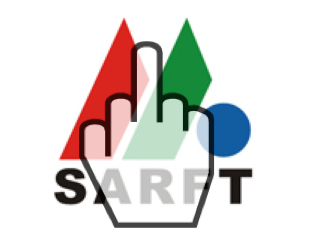The Word of the Week comes from the Grass-Mud Horse Lexicon, a glossary of terms created by Chinese netizens and encountered in online political discussions. These are the words of China’s online “resistance discourse,” used to mock and subvert the official language around censorship and political correctness.
Guǎngdiàn Zǒng Jí 广电总急

Source: Beijing Cream
State of Anxiety on Radio, Film, and Television
Play on the abbreviation for the State Administration of Radio, Film, and Television (Guǎngdiàn Zǒngjú 广电总局), the administrative body that until 2013 directly regulated state-owned media. The last character, jú (局, bureau) becomes jí(急, anxious) a reference to the keen sensitivity that Chinese censors are known to display when sanitizing the media.
SARFT was merged with the General Administration of Press and Publications in 2013 to form the State Administration of Press, Publications, Radio, Film and Television (SAPPRFT). In addition to regulating the content of broadcast media, the administration also plays a role in regulating internet content.
During the National People’s Congress meeting in Beijing in March 2018, a government restructuring proposal included the abolishment of SAPPRFT, to be replaced with a State Administration for Radio and Television (国家广播电视总局) that would oversee radio broadcasting and film productions. The proposal, to be deliberated at the ongoing political meetings in Beijing, has again changed the name and jurisdiction of the State Council-led media regulator.
Example:
HuYong (@胡泳): SARFT: Internet celebrities and scandalous personages prohibited from appearing as special guests on TV
广电总局:禁止网络红人、有丑闻劣迹的人物上电视做嘉宾
CuiXianghong(@崔向红): The State of Anxiety on Film, Radio, and Television sure is busy. (May 18, 2014)
广电总急真忙 [Chinese]
In 2014, SARFT issued a ban on puns in broadcast advertisements and content.








